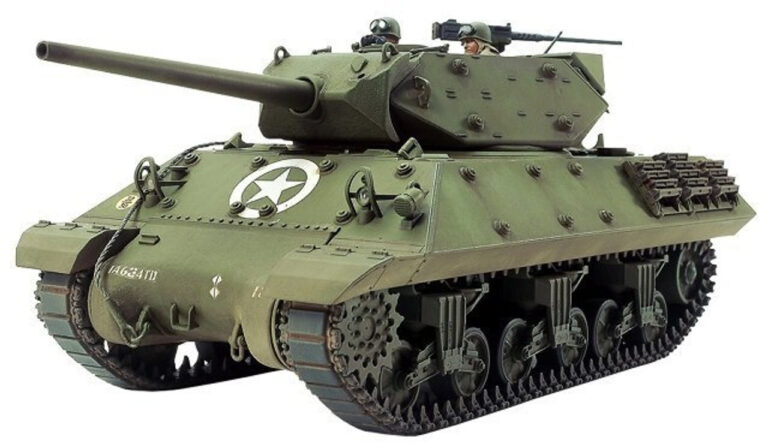Everything You Need to Know About Power Adapters
Power adapters are essential tools that allow electronic devices to draw power from external sources, such as wall outlets, by converting electrical currents to compatible voltages. They’re widely used in households, offices, and industrial settings, making them indispensable for modern-day convenience. Understanding their functions, types, and compatibility is key to ensuring safe and efficient power supply to your devices. This article covers everything you need to know about power adapters to make informed choices for your gadgets.
How Do Power Adapters Work?
A power adapter’s primary job is to convert the voltage from a power outlet to the appropriate level needed by the electronic device. Power adapters typically take Alternating Current (AC) from wall outlets and convert it to Direct Current (DC), which is required by most gadgets. This transformation involves several components:
- Transformer: Modifies the voltage to the desired level.
- Rectifier: Converts AC to DC.
- Regulator: Maintains consistent output voltage for device safety.
This conversion ensures that devices receive stable power, avoiding surges that can cause damage.
Types of Power Adapters
AC to DC Adapters
Most common among adapters, AC to DC adapters transform the household AC voltage to a lower DC voltage. They are frequently used in smartphones, laptops, and other personal electronics.
DC to DC Adapters
Used primarily in automotive or battery-operated setups, DC to DC adapters regulate voltage between two DC sources. These adapters are useful in portable devices where the battery needs to be charged from another DC source, like in vehicles.
USB Power Adapters
These adapters convert AC power to USB output and are often universal across various devices. USB adapters have made it convenient to charge gadgets like phones, tablets, and power banks.
Universal Power Adapters
Universal adapters come with adjustable voltage settings and a range of connector tips to support various devices. They’re particularly useful for travelers who may need one adapter for multiple gadgets.
Switching Power Adapter’s
Switching adapters are efficient, lightweight options that convert power with minimal energy loss. They operate by rapidly switching on and off to maintain stable voltage, thus conserving power.
Linear Power Adapter’s
Though older and less efficient, linear adapters provide stable power by using traditional transformer technology. They are more robust and are typically used in audio equipment and radios.
Benefits of Using Power Adapters
Using a suitable power adapter offers numerous benefits, including:
- Device Protection: Adapters convert high-voltage current to levels that devices can handle, preventing overheating or power surges.
- Energy Efficiency: Modern adapters reduce power consumption, helping save on electricity bills.
- Versatility: Universal adapter’s allow you to power multiple devices with one adapter, reducing the need to carry multiple chargers.
- Portability: USB and lightweight adapter’s make charging on-the-go easy, convenient for travelers and frequent commuters.
Choosing the Right Power Adapter for Your Device
Selecting a suitable adapter is essential to ensure compatibility and safety. Here’s a quick guide to choosing the right one:
- Check Voltage and Current Requirements: Always ensure that the adapter’s output voltage and current match the device’s specifications.
- Connector Type: Ensure that the connector tip fits your device to avoid poor connections or damage.
- Polarity Compatibility: Verify that the adapter’s polarity matches that of the device. Incorrect polarity can damage electronic circuits.
- Quality and Certification: Choose adapter’s that have been certified for safety and efficiency, such as those with CE, UL, or FCC marks.
Common Issues with Power Adapters
Overheating
Some power adapter’s can become hot during operation, especially if they’re used for extended periods or plugged into high-power devices. To reduce the risk of overheating, avoid covering the adapter and ensure proper ventilation.
Loose Connections
Frequent plugging and unplugging can wear out connectors over time. Loose connections can lead to intermittent charging, and it’s often best to replace the adapter in such cases.
Voltage Incompatibility
Using an adapter with the wrong voltage can damage devices. Always verify the voltage and amperage requirements before plugging in any new adapter.
Safety Tips for Using Power Adapters
Power adapters are generally safe, but misuse can lead to safety hazards. Here are some tips to avoid issues:
- Avoid Exposing to Water: Keep adapters dry to prevent electrical shorts.
- Use in Well-Ventilated Areas: Allow adapters to cool naturally, especially when used for extended periods.
- Avoid Cheap, Uncertified Adapters: Using uncertified adapters increases the risk of electrical fires and device damage.
- Inspect for Damage: Regularly check the adapter for wear, including frayed cords and cracked casings.
Conclusion
Power adapters are essential for safely powering a variety of devices, from laptops to mobile phones. Understanding the types, functions, and safety precautions of power adapters is vital for anyone who relies on electronic devices daily. By choosing the right adapter and following safety guidelines, you can extend the lifespan of your gadgets and avoid costly damages.
FAQs
What is the difference between an adapter and a charger?
An adapter converts the voltage for devices, while a charger specifically manages the charging process for rechargeable batteries. Chargers often include adapters but serve the distinct purpose of battery management.
Can I use any power adapter with my device?
No, using an incompatible adapter can damage the device. Always check voltage, current, and connector specifications to ensure compatibility.
Why does my power adapter get hot?
A slight increase in temperature is normal, but excessive heat may indicate overuse, poor ventilation, or a faulty adapter. Avoid covering the adapter and use it in well-ventilated areas.
What should I look for when buying a power adapter?
Key factors include matching voltage, current, and connector type with your device’s requirements. Look for certified adapters with safety features.
Can power adapters damage my device?
Yes, using the wrong voltage or polarity can damage internal components. Always verify that the adapter matches your device’s specifications.







